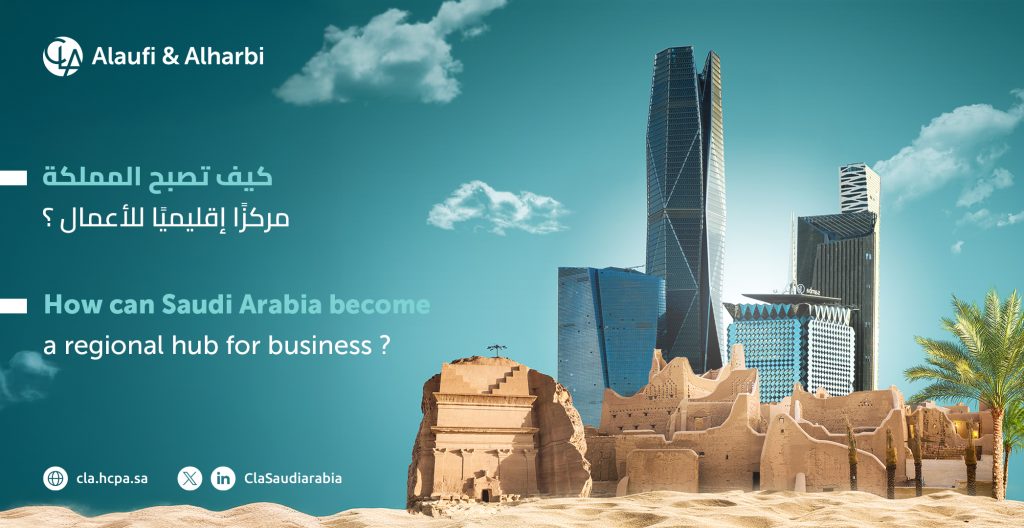Saudi Arabia has achieved a groundbreaking milestone in its journey of economic transformation. Originally aiming to attract 500 regional headquarters for international companies by 2030, the Kingdom surpassed this target six years early, hosting 540 headquarters by 2024. This achievement is a testament to Saudi Arabia’s rising status as a global business destination and showcases the rapid transformation driven by Vision 2030 to diversify the economy and build a prosperous future beyond oil.
Strong Economic Growth Despite Global Challenges
At the Future Investment Initiative (FII), Saudi Minister of Investment Khalid Al-Falih highlighted how Saudi Arabia has defied global challenges to become one of the world’s fastest-growing economies. Despite regional and international economic shifts, the Kingdom’s GDP has surged, making Saudi Arabia the second-fastest-growing economy in the G20. This growth reflects the Kingdom’s competitive advantages, including a supportive business environment, long-term investment policies, and a stable economic framework.
Saudi Arabia’s ambitious “growth capital equation” aims to attract $3.3 trillion in direct investments, with an impressive 8% annual growth rate in foreign investment. Since launching Vision 2030, foreign business licenses in Saudi Arabia have increased tenfold, highlighting the Kingdom’s emergence as a global investment hub with opportunities for job creation, innovation, and a higher quality of life for citizens.
A New Era of Investor-Friendly Policies and Economic Sectors
Saudi Arabia’s Vision 2030 has introduced sweeping reforms to create a modern and transparent investment environment that’s attractive for foreign businesses. This includes policies that simplify business processes, enhance investor protection, and make it easy for companies to set up operations in the Kingdom. These efforts have made Saudi Arabia an ideal base for companies looking to expand into the Middle East, offering direct access to the region’s largest economy and a gateway to the broader Arab world.
Saudi Arabia is also reducing its dependence on oil, investing in renewable energy projects and green initiatives that align with global sustainability trends. Projects like NEOM—a futuristic, zero-carbon smart city—and other renewable energy efforts are turning the Kingdom into a leader in green energy production. This shift not only diversifies the economy but also prepares Saudi Arabia to adapt to future global energy demands.
Tourism Boom Fuels Economic Diversification
Tourism has become one of Saudi Arabia’s fastest-growing sectors and a key part of Vision 2030’s diversification strategy. Recently, the Kingdom reached an impressive milestone of 100 million tourist visits in past years. This record-breaking achievement was made possible through investments in world-class tourism infrastructure, luxury resorts, cultural sites, and entertainment venues.
Notable examples of Saudi Arabia’s dedication to tourism development include:
- Al-Ula: Known for its ancient rock formations and heritage sites like Hegra (a UNESCO World Heritage site), Al-Ula has been transformed into a world-class destination, hosting events such as the Winter at Tantora Festival and featuring immersive experiences that showcase Saudi history and culture.
- The Red Sea Project: Positioned along Saudi Arabia’s pristine Red Sea coastline, this ambitious project is set to feature luxurious island resorts, eco-friendly tourism offerings, and marine life explorations. Designed with sustainability in mind, it will serve as a unique destination for nature and luxury tourism.
- Diriyah Gate: Near Riyadh, Diriyah Gate celebrates Saudi Arabia’s rich cultural heritage with restored mudbrick palaces and bustling souks, creating a living history experience. The project will host entertainment events, restaurants, and cultural programs, making it a magnet for cultural tourism.
- Qiddiya Entertainment City: Positioned as Saudi Arabia’s future entertainment capital, Qiddiya will offer theme parks, sports arenas, and world-class recreational facilities. Once complete, it’s expected to become a family-friendly destination attracting millions of visitors annually.
Through these projects, Saudi Arabia has positioned itself as a top destination for international tourists, creating unique experiences that blend culture, luxury, and sustainability. This tourism boom is generating revenue, creating jobs, and raising Saudi Arabia’s global profile as a vibrant cultural and leisure destination. To support this growth, the government has enhanced transport networks, simplified visa procedures, and raised hospitality standards, ensuring that visitors have a seamless and memorable experience.
The Future: A Premier Global Investment Hub
Saudi Arabia’s progress in attracting foreign investment and establishing itself as a base for regional headquarters reflects its dedication to building a sustainable, diversified economy. Looking forward, the Kingdom aims to attract even more regional headquarters and investment by taking advantage of its strategic location, youthful population, and extensive natural resources. In addition, Saudi Arabia’s focus on sectors like technology, healthcare, finance, logistics, and education ensures continued momentum and growth across various industries.
For investors, professionals, and business leaders, Saudi Arabia’s Vision 2030 represents an unparalleled opportunity. The Kingdom’s blend of public investment, private-sector partnerships, and foreign capital creates an environment ripe for innovation, development, and global integration. As Saudi Arabia continues to reshape its economic landscape, it offers vast potential for those ready to be part of its transformation into a world-class investment destination.

